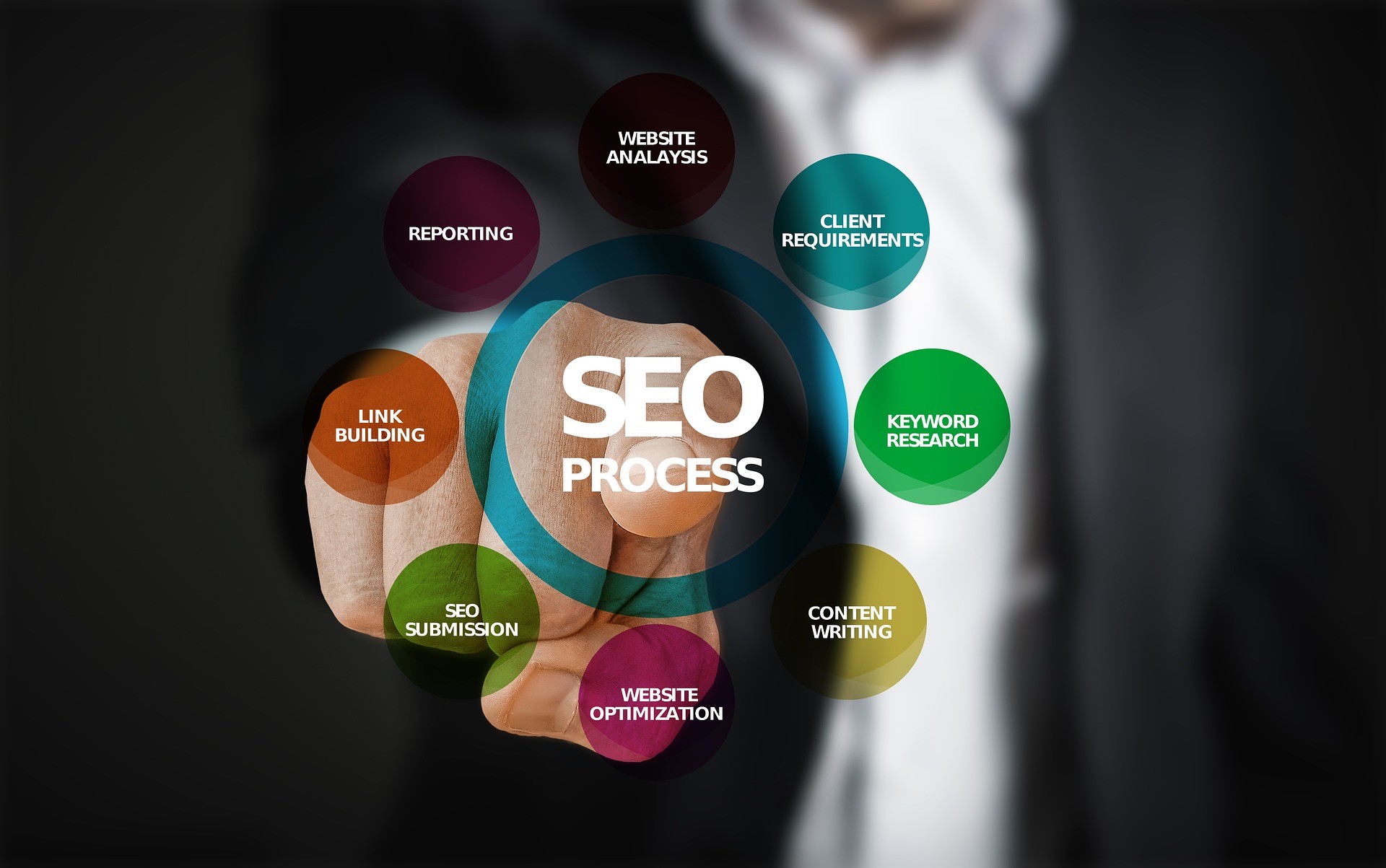Cash Flow 101: Understanding Its Importance in Business for Sale Transactions
When you're looking to purchase a company, buy a web business, or even just considering the best buy and sell business opportunities, understanding cash flow is crucial. It's a fundamental concept that can make or break your investment. Let's dive into what cash flow means in a business for sale and why it's so important.
Understanding Cash Flow
Cash flow is the net amount of cash being transferred into and out of a business. It's essentially the lifeblood of any company. Positive cash flow means a business is generating more cash than it is spending, which is a strong indicator of financial health. Negative cash flow, on the other hand, can signal trouble, as it means the business is spending more than its earning.
In the context of buying a business, cash flow helps you understand the actual financial performance and potential sustainability of the company. It's different from profit, which includes non-cash items like depreciation and amortization. Cash flow gives you a clearer picture of the business's ability to generate cash and stay afloat.
Types of Cash Flow
There are three main types of cash flow:
- Operating Cash Flow: This is the cash generated from the business's core activities, like sales of goods and services. It’s the most important type of cash flow for evaluating the day-to-day financial health of a company.
- Investing Cash Flow: This includes cash spent on investments such as purchasing equipment or real estate. It can also include cash earned from selling these investments.
- Financing Cash Flow: This consists of cash transactions related to borrowing or repaying loans, issuing stock, or paying dividends.
When evaluating a business for sale, you’ll want to look at all three types to get a complete picture of its financial situation.
Why Cash Flow Matters in Business Valuation
When you set out to buy a small business, cash flow becomes a key metric in determining the value of that business. Here’s why:
- Sustainability: Positive cash flow indicates that the business can sustain its operations without needing additional funding. This is a good sign for potential buyers.
- Debt Service: A strong cash flow means the business can service its debts, reducing the risk of financial distress.
- Growth Potential: Businesses with robust cash flow can reinvest in growth opportunities, making them more attractive to buyers.
- Liquidity: Cash flow reflects the liquidity of the business, showing how easily it can meet its short-term obligations.
Evaluating Cash Flow in a Business for Sale
When you're evaluating the cash flow of a business you're interested in purchasing, there are several steps you can take:
- Review Financial Statements: Start by reviewing the business’s cash flow statements for the past several years. This will give you an idea of how the business has been performing over time.
- Analyze Trends: Look for trends in the cash flow. Are there consistent patterns of positive cash flow? Have there been any significant fluctuations? Understanding these trends can help you assess the stability of the business.
- Adjust for Non-Recurring Items: Be aware of non-recurring items that can distort cash flow. These might include one-time expenses or income that won’t recur in the future.
- Consider Seasonality: Some businesses experience seasonal fluctuations in cash flow. Make sure you understand these patterns and how they affect the business.
- Benchmark Against Industry Standards: Compare the business’s cash flow with industry standards to see how it stacks up. This can provide context for your evaluation.
Cash Flow vs. Profit
It’s important to distinguish between cash flow and profit. While profit is the amount of money left after all expenses have been deducted from revenue, cash flow focuses on the actual movement of cash in and out of the business. A business can be profitable on paper but still struggle with cash flow if it has significant non-cash expenses or if it’s facing delays in receiving payments.
How to Improve Cash Flow
If you’re looking to buy a small business and are concerned about its cash flow, there are several strategies that can be implemented to improve it:
- Improve Receivables: Speed up the collection of accounts receivable by offering discounts for early payments or tightening credit terms.
- Manage Payables: Extend payment terms with suppliers where possible to hold onto cash longer.
- Control Inventory: Keep inventory levels in check to avoid tying up too much cash in stock.
- Reduce Costs: Look for areas where costs can be cut without impacting the quality of products or services.
- Increase Sales: Boosting sales while maintaining or lowering costs can significantly improve cash flow.
Conclusion
Understanding cash flow is essential when you're considering the best buy and sell business opportunities. It provides insight into the financial health and sustainability of a business, which is critical for making informed investment decisions. Whether you're looking to buy a web business or purchase a company in another sector, focusing on cash flow will help you assess the true value and potential of your investment. By carefully evaluating the cash flow of any business for sale, you can make more confident and strategic decisions, setting yourself up for long-term success.
.png)

.png)













































Leave A Comment
Post a comment
Comments :